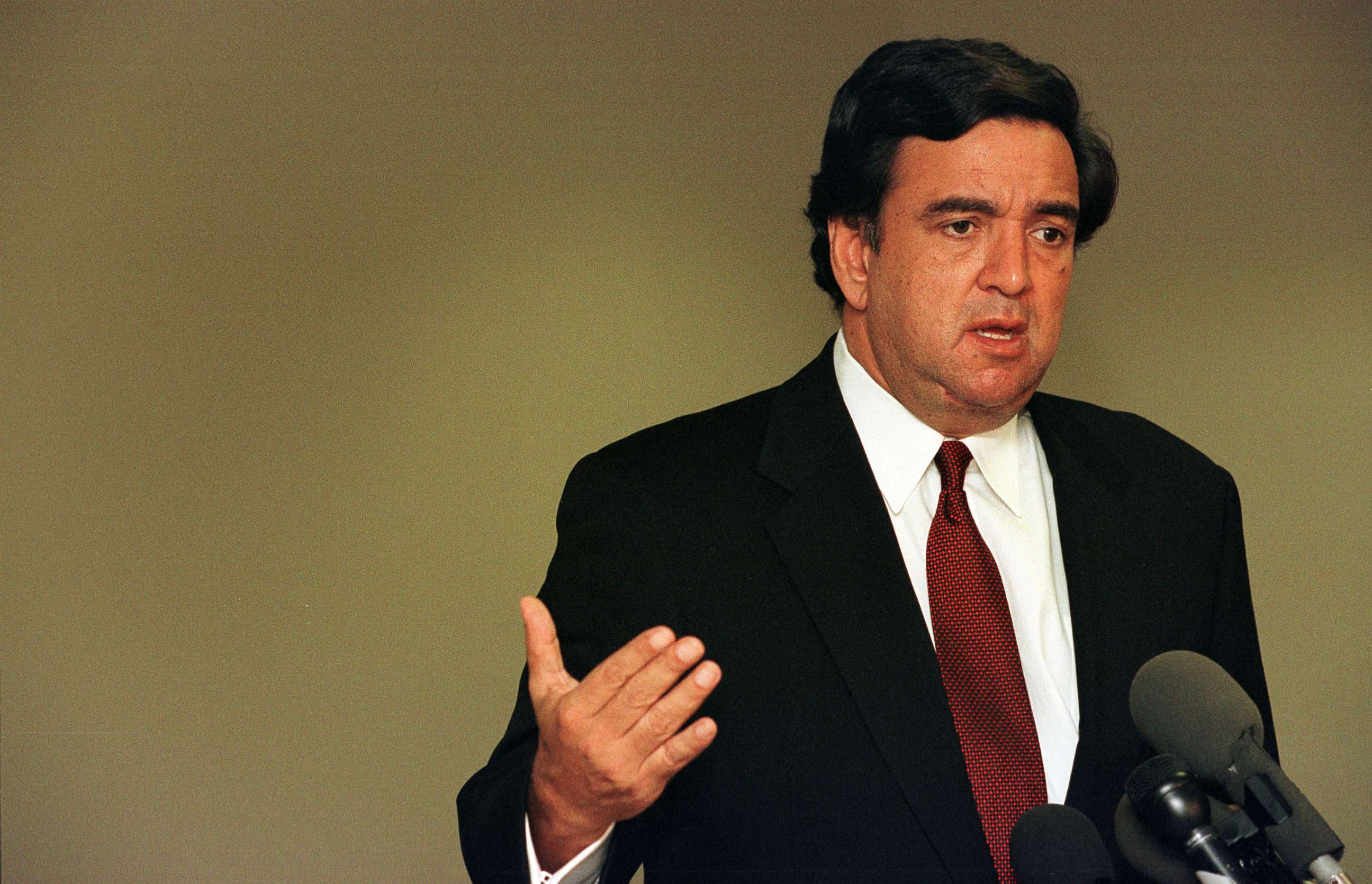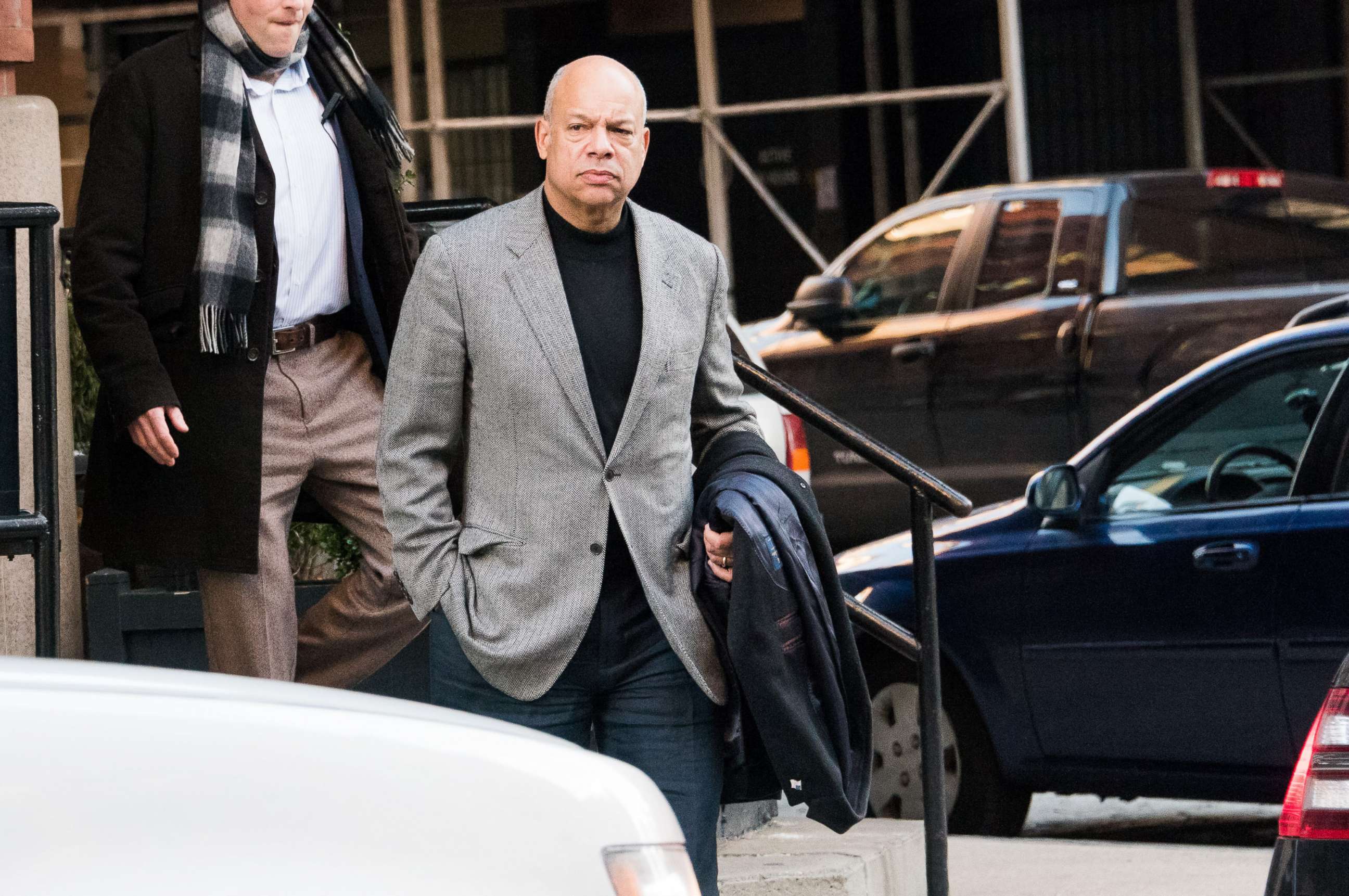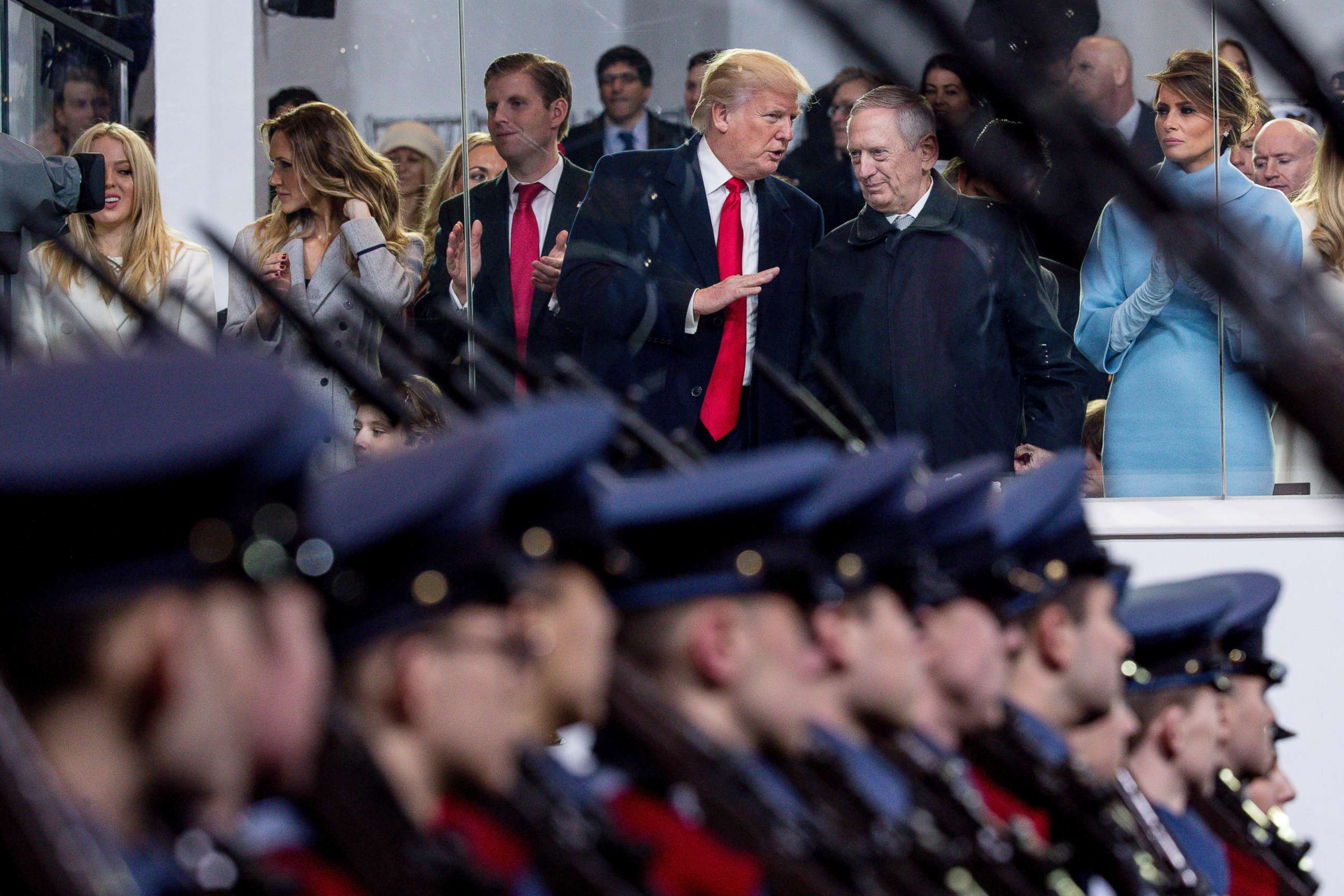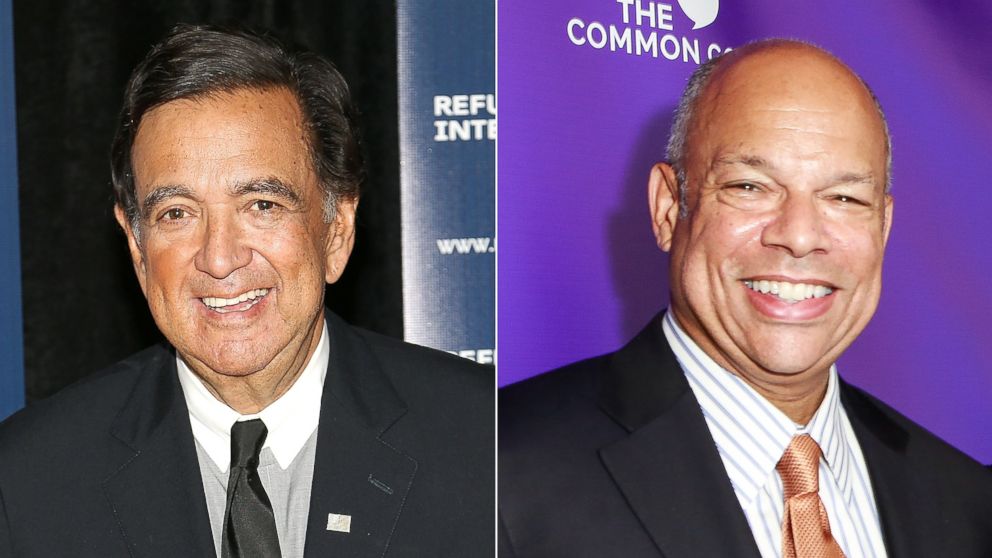Tales from past 'designated survivors' who had to miss the State of the Union
Bill Richardson was a big fan of the State of the Union.
He had spent 14 years as a congressman, eagerly sitting in the House chamber and bringing family members and constituents along.
He had the same thing planned in 2000, when he was Energy secretary, and looked forward to the final State of the Union address for the Clinton administration because it would be "sort of a farewell."
But Richardson didn't end up making it.
About four days before the speech, he got a call from President Bill Clinton's then-chief of staff John Podesta, "saying, 'You're not going to the State of the Union.'"

"I thought I'd done something wrong," Richardson told ABC News ahead of the State of the Union in 2018.
"I was disappointed that I wasn't going," Richardson said, but he met with Secret Service agents later and went over the details of his new title: designated survivor.
The designated survivor is typically a Cabinet-level official who is chosen to skip certain high-profile events -- generally limited to State of the Union addresses and inaugurations -- so that he or she may assume power if a disaster were to occur while the majority of the government is gathered at the event.
The annual State of the Union address is included because the president, both houses of Congress, members of the Cabinet and Supreme Court justices are often in attendance. Shortly before the president's speech, the designated survivor is whisked out of the nation's capital, accompanied by presidential-level security and a military aide carrying the "football," a briefcase that houses the nuclear launch codes.
This year's designated survivor has not yet been announced. Secretary of Agriculture Sonny Perdue was picked as the designated survivor in 2018.
Jeh Johnson, who was secretary of Homeland Security during the Obama administration, served as designated survivor during the 2016 State of the Union and the 2017 inauguration. He told ABC News that he "can't go into the details" of how he spent that time, but noted that the two different types of events make the designated survivor's experience "two fundamentally different exercises."

For the inauguration, Johnson noted how the designated survivor is "serving two administrations," and in his case, he had to withdraw his resignation and make it contingent on the confirmation of his successor.
It took several hours for his successor to be formally appointed, however, so "I was actually Donald Trump's first Cabinet member for seven-and-a-half hours.... that was the entirety of his Cabinet for that time."
"I went from being secretary of homeland security with Secret Service protection and the designated survivor, fourth in line to the presidency, to being a private citizen," Johnson told ABC News.

The transition out of the role was a bit less staggering for Richardson in 2000.
Richardson had been planning to spend the weekend with friends in Oxford, Maryland, so when he had to miss the State of the Union on Thursday, Jan. 27, 2000, he and his wife just moved up their trip a few days. He said the small town of Oxford fell within the radius that the Secret Service would allow, wanting the designated survivor to not be in, but not be far from, Washington, D.C. But rather than keep a completely low profile, the buses of security and medical personnel that were required to follow Richardson drew the attention of the townspeople, he said.
"The whole town must have thought there was a national emergency or a fire," Richardson said.
"It caused quite a ruckus," he said.
Once then-President Bill Clinton had returned safely to the White House, Richardson said the Secret Service agents came up to his friend's house, giving the all clear and saying that the security detail would be heading back to Washington.
"I had a glass of wine, maybe two" after they left, Richardson said, noting that he "was pretty alert" during the speech itself.




